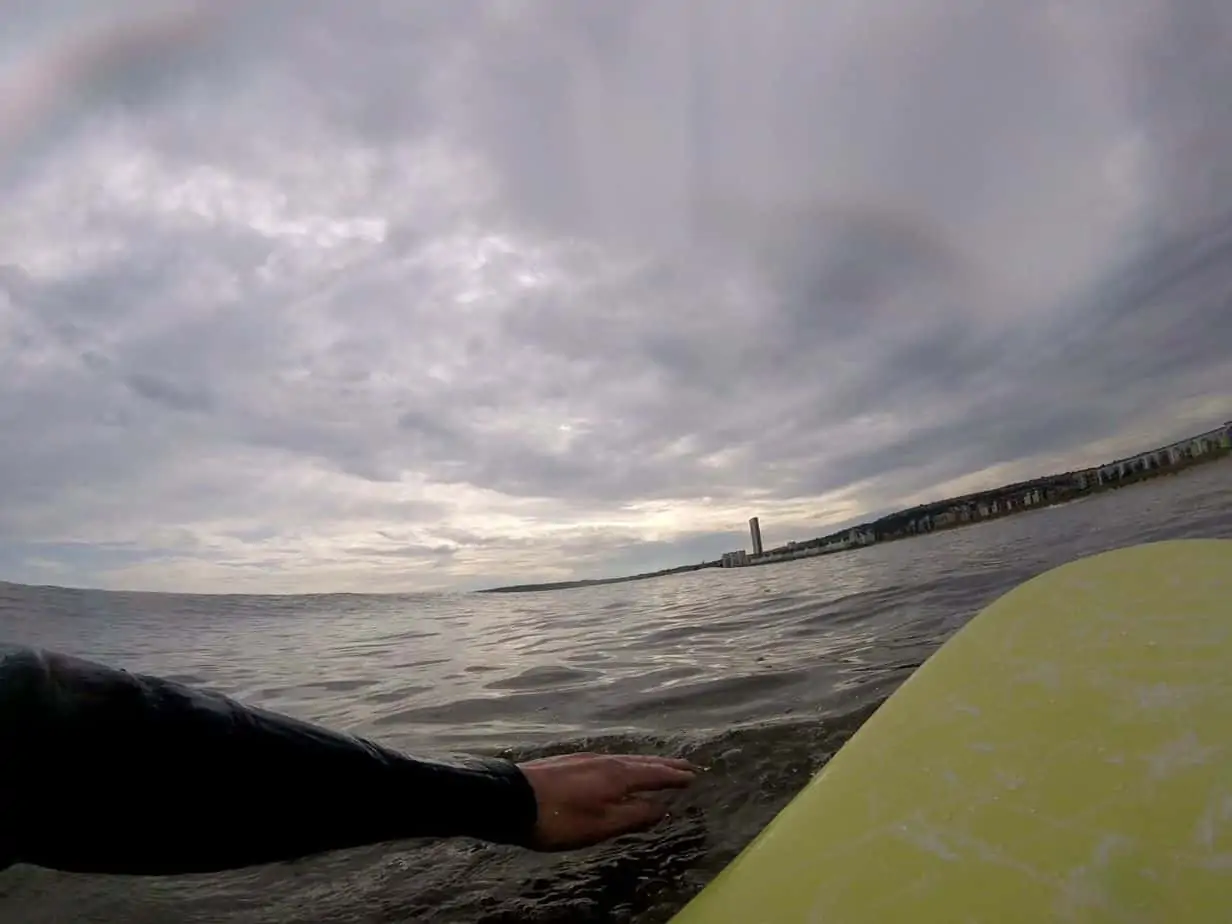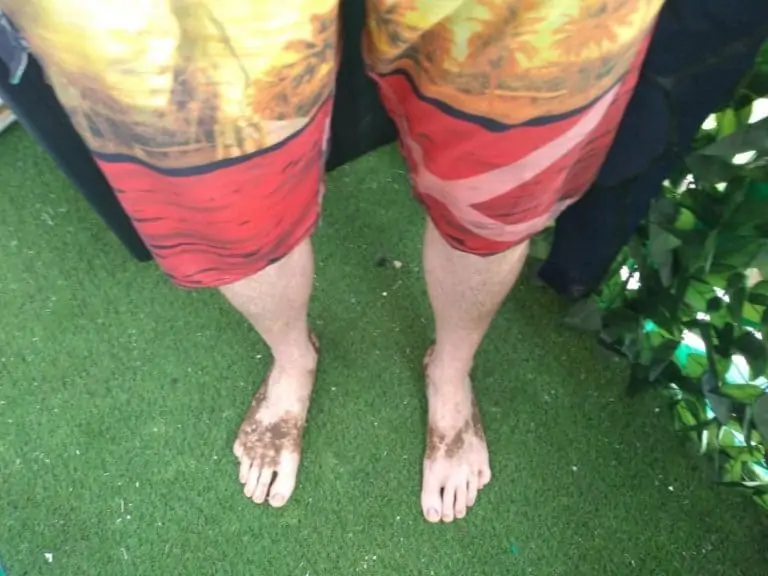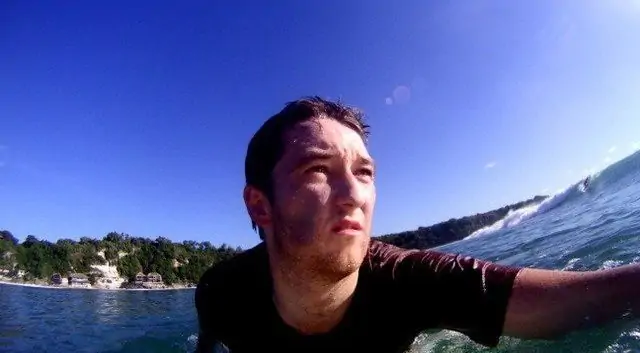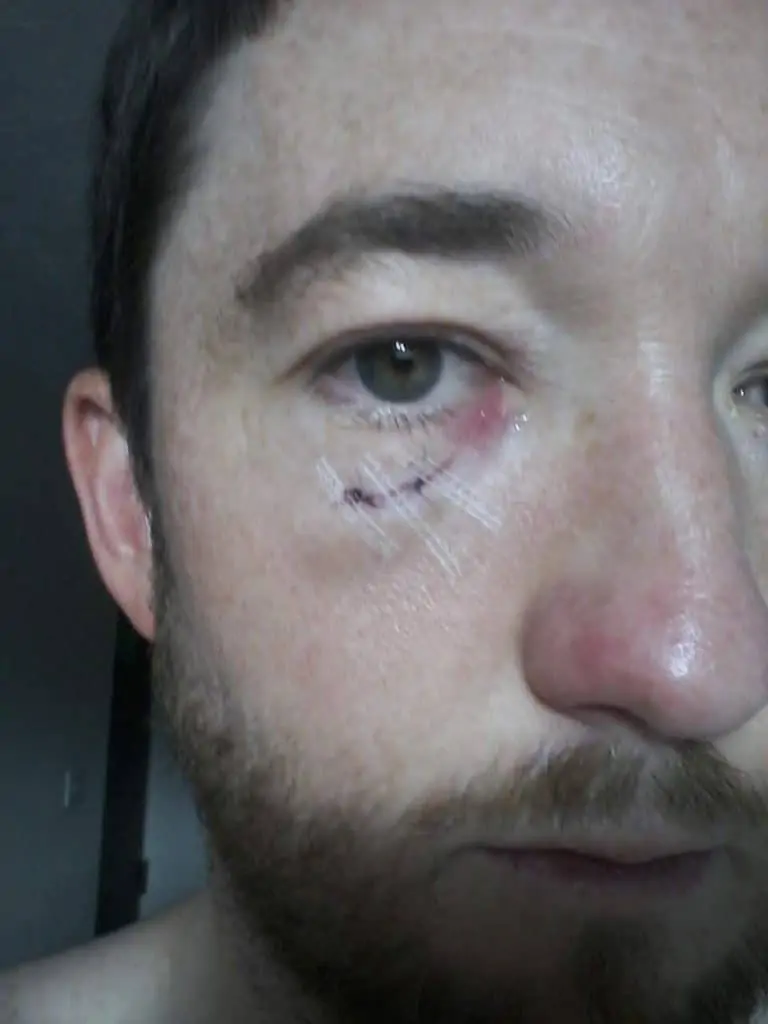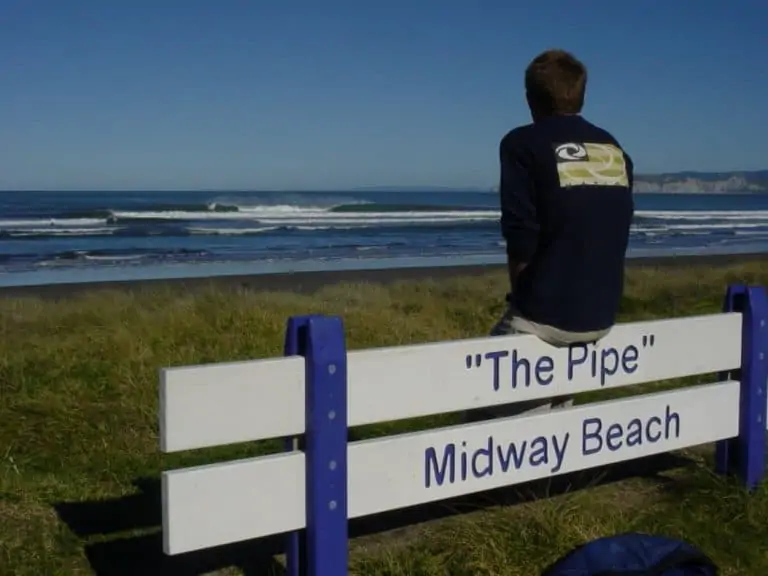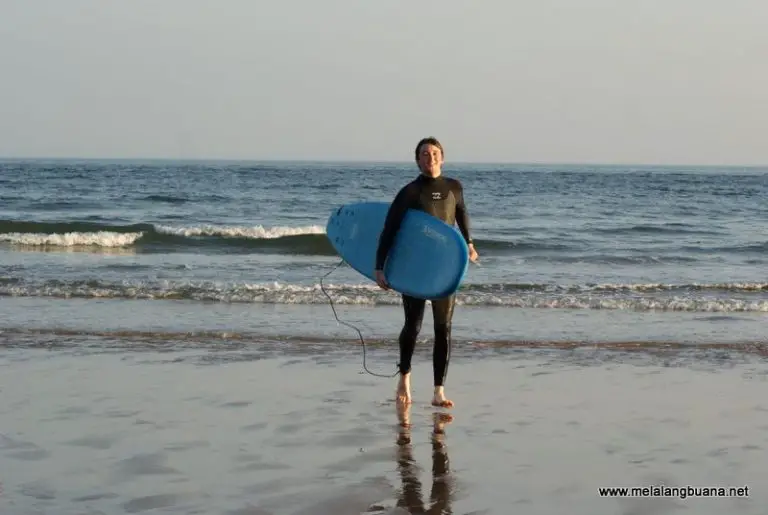Surfing Safety Advice: Is it OK to Surf after Rain?
So the thunderstorm has passed and you are no longer worried about lightning strikes. The air is fresh and pure and there are very few people in the water. It’s your moment to get in, right?
Wrong. It may feel counterintuitive but surfing after rain can expose you to serious health risks and it should be avoided, especially in certain areas. Of course, it all depends on the specific conditions and circumstances of your favorite surf spot.
In this article, I’ll explain to you why you should not surf after the rain (basically, what I’ve learned the hard way) and how, and to what extent, we can assess the safety of our waters of choice.
Surfing and the rain: water quality
No, it’s not about sharks. The rain can directly affect water quality and make the waves you’re used to riding daily suddenly unhealthy. More specifically, getting in the water close to urban areas after it’s rained puts you at a high risk of infections, and it’s especially bad for your digestive system.
This is how it works. The rain falling from the sky (even if non-contaminated, non-acid rain) collects and generates surface water. This water can then carry waste and dangerous microbial pathogens, moving them around and finally leaking them into the ocean and rivers.
You don’t need to think of monsoons and landslides, this is a very common event in most cities. In fact, environmentalists think that it’s not possible at the moment to develop a system that ensures clean water in urban areas after the rain, which is a pretty sad state of affairs in the 21st century!
Surf breaks located near heavily populated locations and river mouths are the most affected by pollution after rain. Unfortunately, some of the best and most famous spots in the world are right near a city center (Bondi Beach, anyone?) and not everyone can afford to go on a road trip to find uncontaminated water.
Of course, it’s also worth noting that swimmers and beachgoers in general are just as at risk as surfers, so do think about that even if you are not planning on surfing in the sea after rain.
Subscribe to get the latest from Surf Learner!
Here are some of the nasty things you don’t want to be surfing around post-downpour:
- Untreated trash
- Human and animal waste (yes, including fecal matter)
- Fertilizers, pesticides, paint, and other dangerous chemicals
- Oil
I know it sounds ridiculous but you wouldn’t choose to bath with those things in your tub, so why would you go surfing with them?! Yes, you may argue that the ocean is a vast body of water with no such issues but it’s really taking a big chance by going back out too soon after rain in densely populated urban areas, or just places with poor sewage treatment facilities.
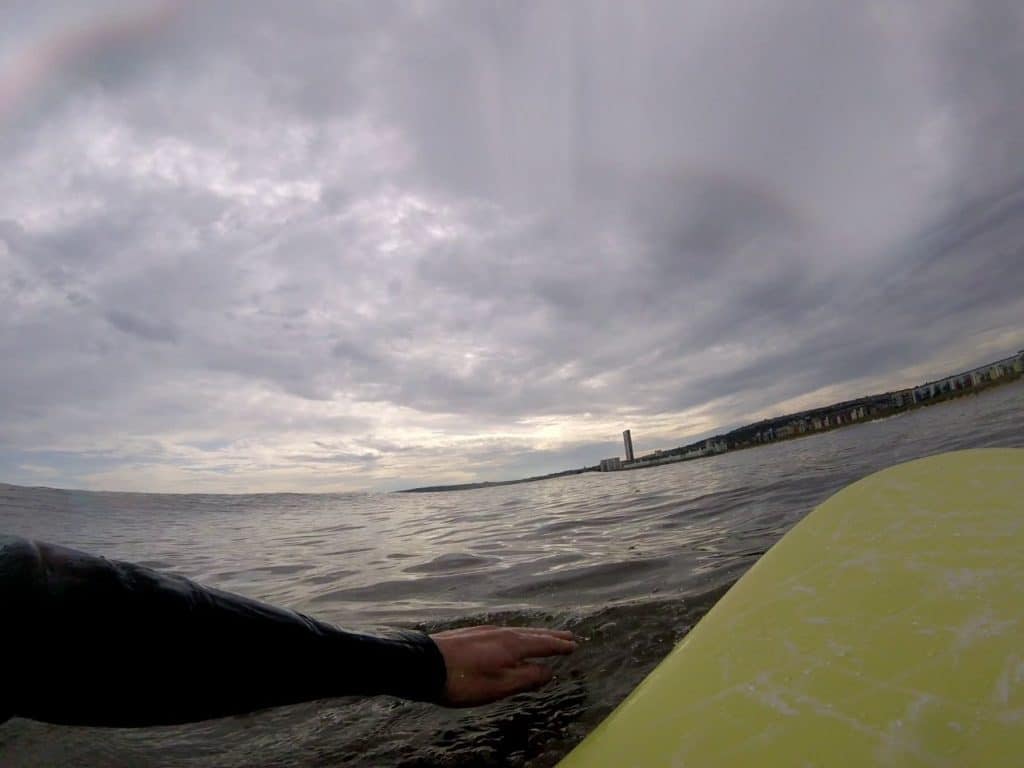
Will I get sick from surfing after it rains?
This contamination phenomenon is so common that most of us have had to go through more than a few cases of diarrhea after surfing throughout the years.
That’s because a couple of hours after the rain, the ocean is literally filled with pathogens like E. coli, amoeba, protozoa, etc.
Those who decide to dive in anyway are gambling with:
- Gastroenteritis
- Hepatitis
- Giardiasis
- Skin rashes
- Amoebic dysentery
- Nose, ear and throat problems
- Pink eye
- Respiratory illnesses
This may be an urban problem, but it isn’t an urban legend. A 3-year study published by the University of California Berkeley in 2016 used apps and the internet to monitor surf activities and symptoms in different weather conditions on a large scale.
The results were clear and indicated “an increased rate of gastrointestinal (GI) illness following ocean exposure, and this illness rate increased even further following wet weather… There was a relationship between health risk and current water quality monitoring measurements during wet weather.”
From my own experience, when I was out living in Bali, I remember surfing after rain and got an ear infection after one particularly dirty surf. The worst thing there was that the dry season meant no rain for months, followed by an outpouring of sewage and gunk with the first heavy rain of the season.
The water would be murky and all kinds of plastics and junk would flow out into the lineup, which wasn’t good but I carried on regardless and had to pay for it with a week out of the surf for the infection to clear!
How long to wait after the rain before surfing
It’s clear that the best way to protect your health is to avoid the ocean for some time after precipitation events.
Local authorities in several communities around the world, including California, recommend waiting for 72 hours (3 days) before surfing again. The longer you wait, the more chances the environment will have had to return water quality to normal.
There isn’t a one-size-fits-all rule, though. If you live in a small town and the beach is quite far from the center and river mouths, you may not have to wait that long.
From another experience of learning this the hard way, myself and friends all surfed a spot near a city center when I was living in Italy (and yes, we had some good surf!).
The day after 4 of us were all laid up in bed with illness. I felt weak and could barely get out of bed. I only found out incidentally that my friends had the same thing when I saw them a week later.
It was pretty clear that it was not a good idea to go surfing since dirty water was flowing out of a sewage pipe near the break when we paddled out, but we ignored it and yet again regretted it. Hopefully you are seeing a pattern here, so please do think carefully before paddling out.
How to know if the water is safe to surf in after the rain
Unless you can run a lab test on a water sample, there is no certain way to tell whether it’s safe to go back to surfing. However, you can assess the situation and make fair assumptions.
Ask yourself the following questions:
- How is the water quality in this location normally?
- Is it known to have polluted or contaminated water?
- How far are you from a populated area?
- Are there visible sewage pipes at the beach?
If you can see sewage pipes, it’s fair to say that you should wait as long as possible and potentially change beaches. If instead your spot is in a national park and you can’t even get there by car, you’ll be fine surfing right after the rain.
Related questions
Is it safe to go to the beach after the rain? The beach in itself isn’t the problem. If you’re wearing shoes and you’re not getting into the water, you can safely go to the beach after it’s rained. However, it may be advisable not to get in the ocean, depending on the specific water quality of your beach.
Is it dangerous to surf in a thunderstorm? You should not get in the water during a lightning storm as saltwater carries electricity. Thunderstorms are very dangerous for surfers and swimmers alike, while the rain in itself isn’t a problem. It’s best to wait until the storm has passed.
What happens to the ocean when it rains? When it comes to swimming and surfing, the ocean can easily get contaminated and polluted, especially near urban areas. That makes it dangerous for our health. It’s recommendable to wait a few days before getting in the water again to avoid infections and other diseases.
